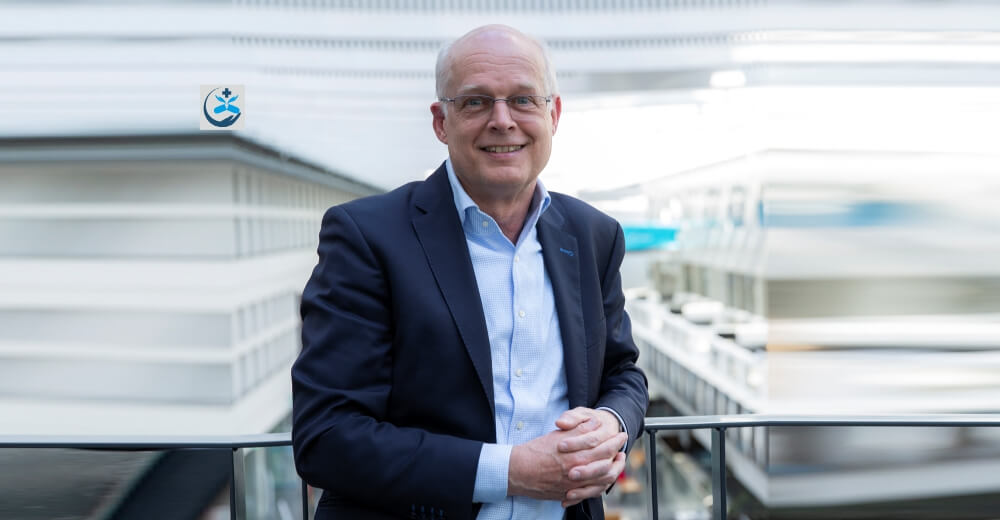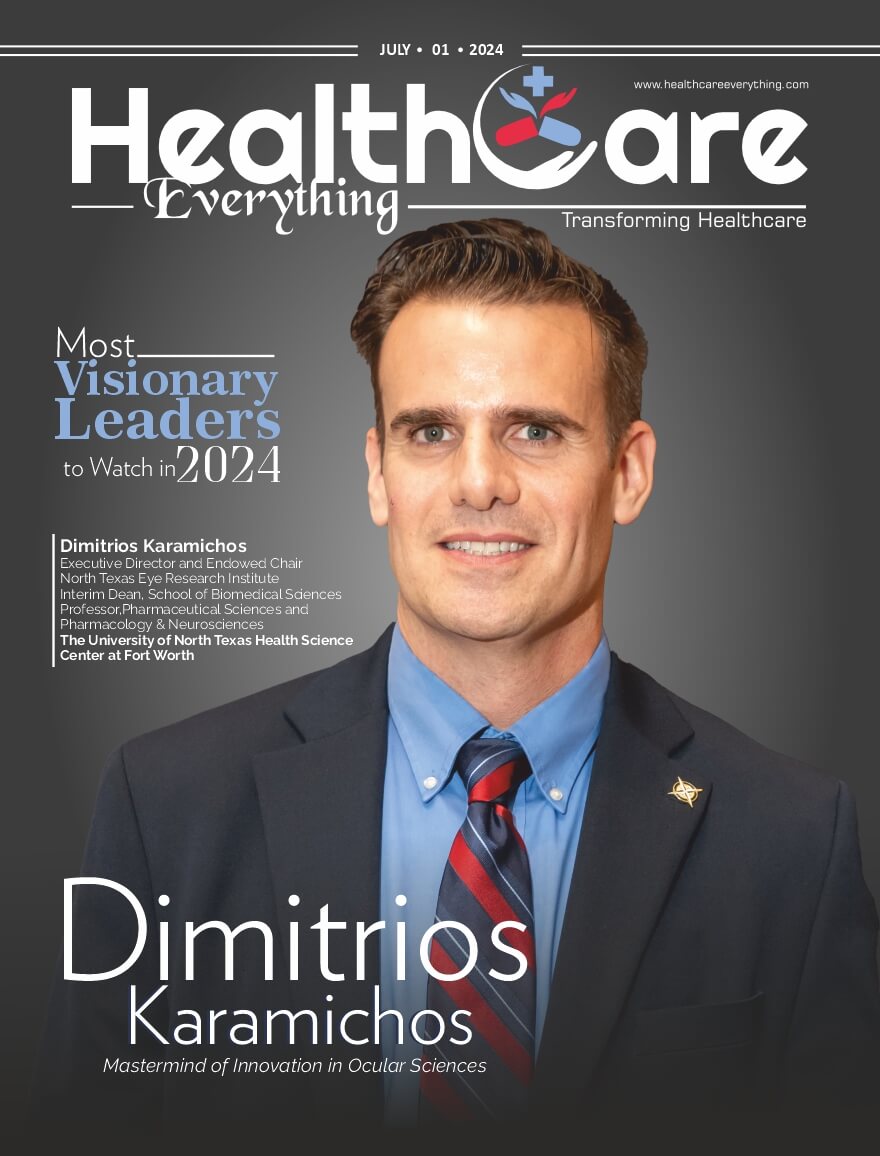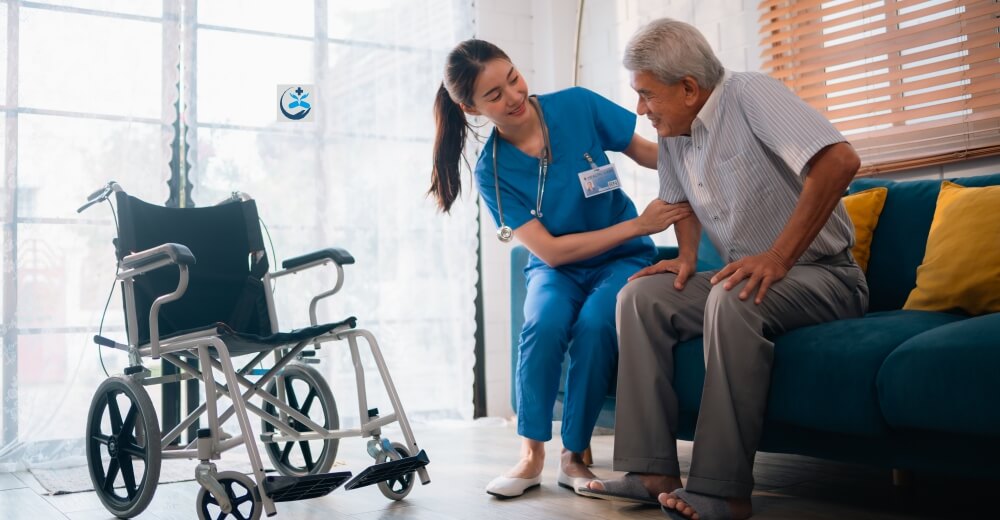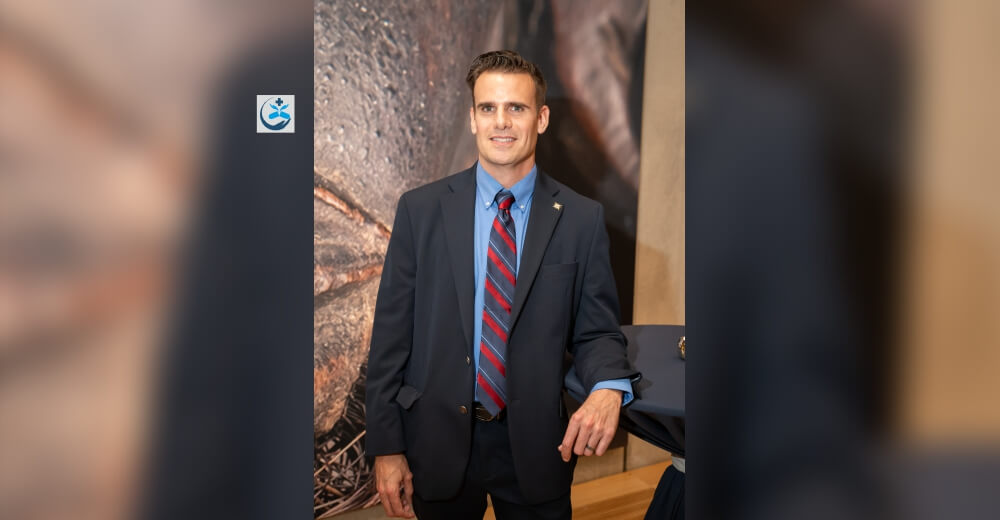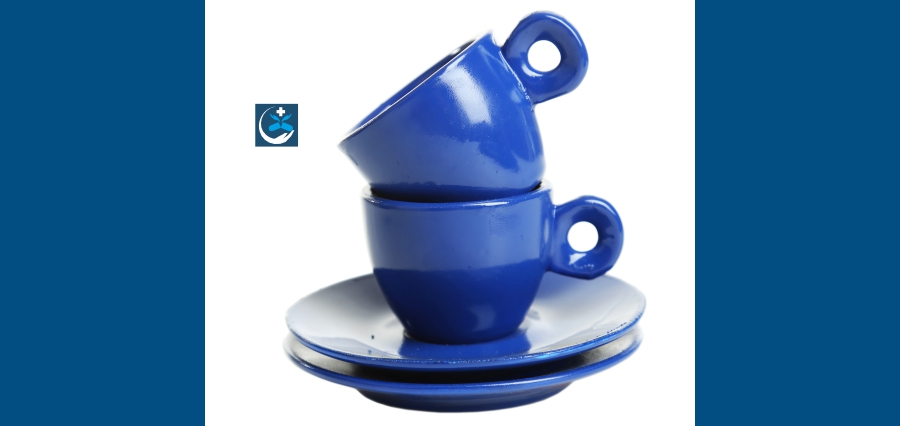Cancer, a malignant disease that affects millions of lives, necessitates a thoughtful approach beyond conventional methods of treatment. It’s not just about eliminating tumor cells; it’s about preserving life’s quality throughout the process. In this relentless pursuit of comprehensive cancer care, Sensius emerges as a source of hope and innovation.
Going beyond the conventional trio of radiotherapy, chemotherapy, and immunotherapy, Sensius integrates controlled heating of deep-seated tumors into their treatment methodology. The result is not only the effective eradication of malignant cells but also a meticulous preservation of surrounding tissues and organs.
The driving force behind this transformative endeavor is Paul van den Biggelaar, Co-Founder and CEO of Sensius. With rich experience spanning entrepreneurship, healthcare, politics, and technology, Paul brings a well-rounded skill set and profound industry insight to the table. His leadership is instrumental in guiding Sensius towards its mission of enhancing the perspective for cancer patients through the innovative application of thermotherapy.
In an exclusive interview with Paul, we delved into the intricate details of Sensius’ approach and discovered how they are leading a transformative change in the immuno-oncology frontier.
Please share about your professional background and career highlights that led you to your current position.
As a former member of the Executive Team of Nucletron (now an Elekta company), world leader in brachytherapy, I was intrigued by hyperthermia, as it improves the effect of existing therapies without additional toxicity. I have studied its commercial feasibility since 2007. The work of Prof. Van Rhoon and Prof. Paulides at Erasmus University Medical Center (Rotterdam, the Netherlands) demonstrated a paradigm shift in technology and workflow. They had support letters from other universities. It was obvious to my partner and serial entrepreneur Peter van Paassen and myself that we needed to team up with Van Rhoon and Paulides to build Sensius into a company that will change the way we treat cancer.
Can you provide an overview of your company and its focus on immuno-oncology?
Sensius is a medical device company that provides microwave-based clinical thermotherapy solutions intended as adjuvant treatment of specific solid cancers. The Sensius system is a combination of proprietary and patented hardware, software and expert services. Sensius aspires to become the leading brand in the segment of Thermotherapy by providing the adjuvant clinical tools for the treatment of certain types of cancer.
Our thermotherapy is used in combination with radio- chemo- and immunotherapy. Thermotherapy is the next quality level in hyperthermia and provides focus and controlled mild heating of the tumor to max 45oC. Sensius’ unique and patented technology enables us to focus the heat to the tumor and protect nearby tissues from the heat. At least five different biological methods of action are triggered by this effect. The mild heating is an immunomodulator and sensitizer for radio- and chemotherapy. Research of prof. Weigelin (University of Tübingen, Germany) demonstrates that mild heating of the tumor increases T-cell killing efficiency with as much as 500%.
How does your company’s approach to immuno-oncology differ from other players in the field?
We use 20 microwave antennas, guided by AI software and sensory data, to focus the heat to the tumor. Thermotherapy by Sensius is non-invasive and is significantly more cost effective than existing therapies. Adoption in clinics is facilitated through alignment with established radiotherapy workflow. The approach can be applied on a range of different solid tumors. Thermotherapy can be applied safely and cost-effectively without additional toxicity for patients.
What are some of the challenges your company faces in the immuno-oncology field, and how are you addressing them?
Many phase III studies have demonstrated the positive effects of mild heating on tumor response without additional toxicity, but current commercial solutions are not widely adopted because of substantial technical limitations which prevent robust and reproducible routine clinical use.
Sensius offers improved clinical efficacy and ease-of-use and economic benefits of its thermotherapy: it is our challenge to make oncologists comfortable with this additional treatment option to the benefit of the patient (survivorship, quality of life). Healthcare payers (insurance companies, governments) will need to recognize how our economic benefits (reduced recurrence, lower cost of treatment of toxic effects, faster reintegration in society) will reduce the economic burden of cancer.
What are some of the key products or therapies in your current portfolio that demonstrate your commitment to immuno-oncology?
Our launching product is the FocusCollar for treatment of solid tumors in the head and neck area. This product is based on the extensive experience of Eramus University Medical Center and incorporates the experience of at least 5 more clinical research centers from all over the world. We are also part of a consortium of 4 Dutch universities to develop the FocusCup, a solution to treat breast cancer. More tumor types are on our roadmap for the future. Sensius will collaborate with clinical research centers, universities and other companies on research and clinical studies to improve quality of life and survivorship for cancer patient.
Can you share any innovative technologies or techniques that your company is currently exploring or implementing in its research and development efforts?
Sensius uses a combination of technologies to achieve performance, ease-of-use and economic benefits. Performance to focus and control energy deposition on only the tumor is implemented through 20 microwave antennas emitting energy at a carefully selected frequency and positioned strategically around the tumor area. AI-based software calculates the exact setting for each antenna individually to protect tissues around the tumor. This secures a personalized treatment plan, which can be adapted during treatment to accommodate for the specific situation of the patient. A patented waterbolus (a flexible water container between the device and the patient) secures the transfer of the energy from the antennas into the body and makes the patient comfortable. Workflow and patient positioning are similar to radiotherapy, while a modular system architecture support the treatment of different tumor sites in the body.
What are the key milestones and achievements in your company’s history, particularly in the field of immuno-oncology?
On our clinical prototypes, Erasmus University Medical Center has already treated over 70 patients for head and neck cancer. The results are published (Paulides et al 2016, Verduijn et al 2018, Kroesen et al 2021) and show significant benefits. Erasmus MC will start a new clinical trial in the first half of 2024 with support of Sensius. The commercial solution for head and neck cancer, the FocusCollar will be ready for commercial deployment at the end of 2025. Already over 15 clinics in Western-Europe, the UK and in the USA want to participate in multi-center international confirmation studies using the FocusCollar.
How do you see the immuno-oncology market evolving in the next few years, and how is your company positioned to capitalize on these changes?
Thermotherapy will improve the life of people with cancer as it offers the possibility to improve survivorship and quality of life. It can be used on multiple tumor sites in combination with radiotherapy, chemotherapy and immunotherapy. It is easy to adopt in oncology clinics and will reduce the economic burden of cancer for society. Therefore, we believe thermotherapy will become the 4th pillar in cancer treatment.

